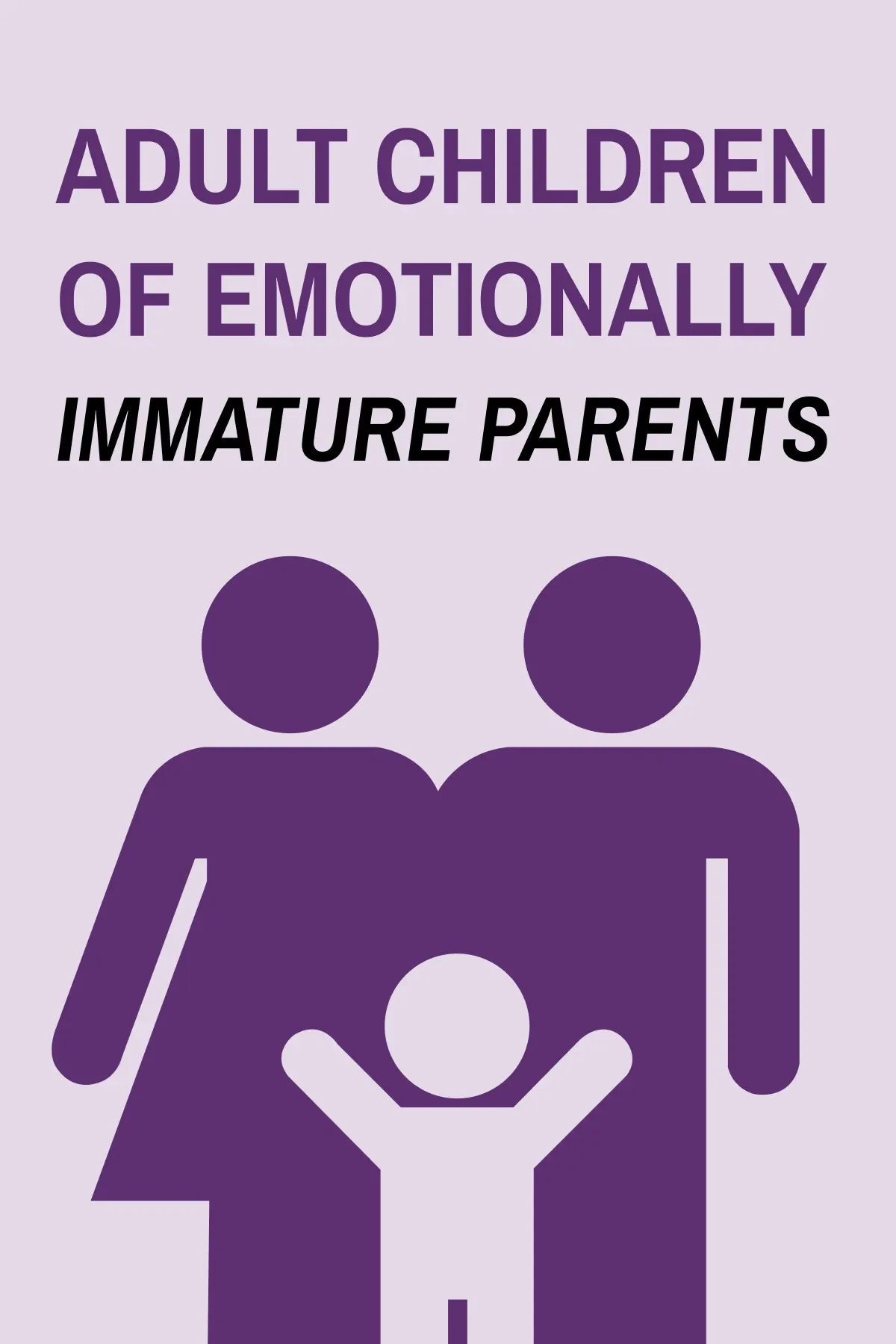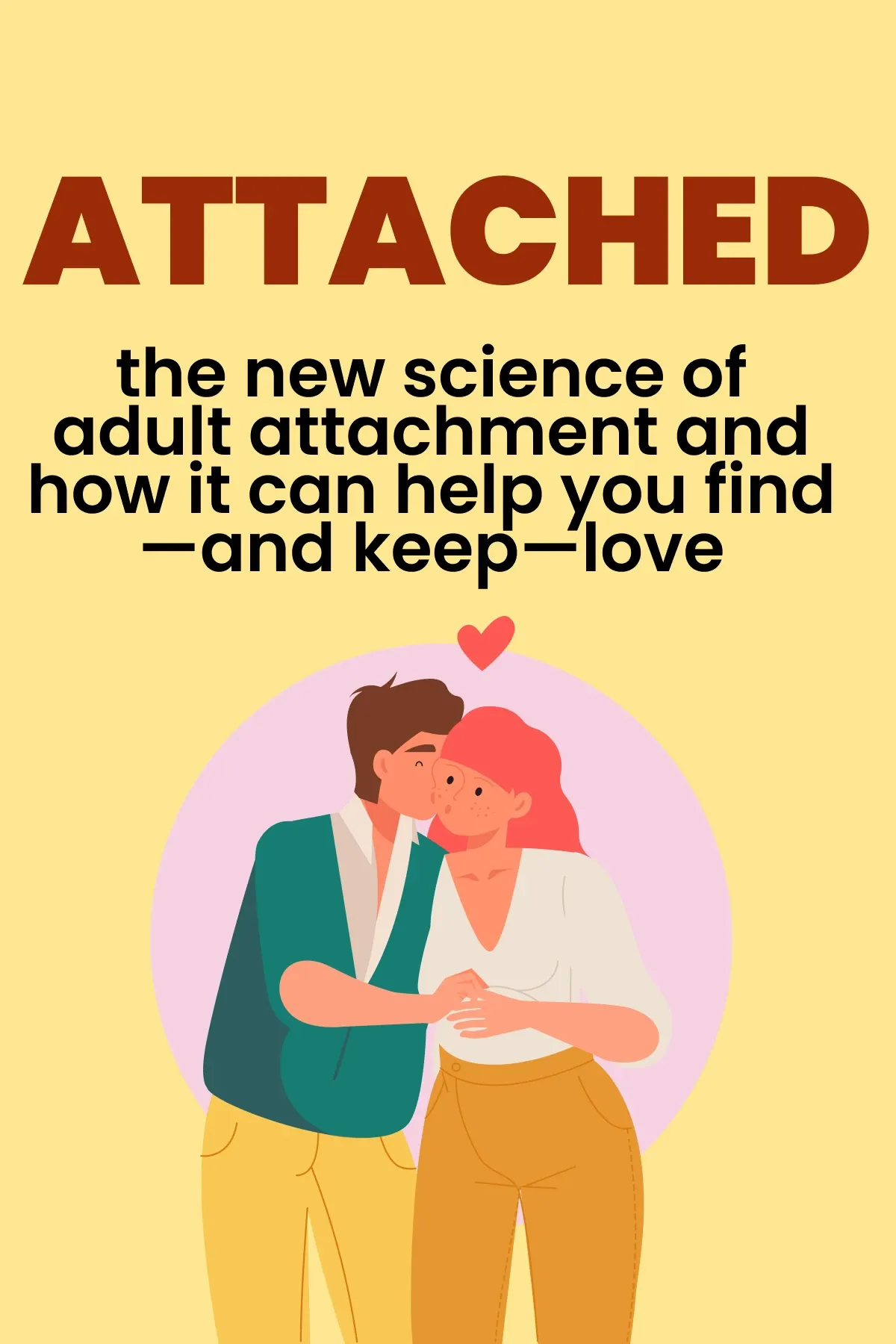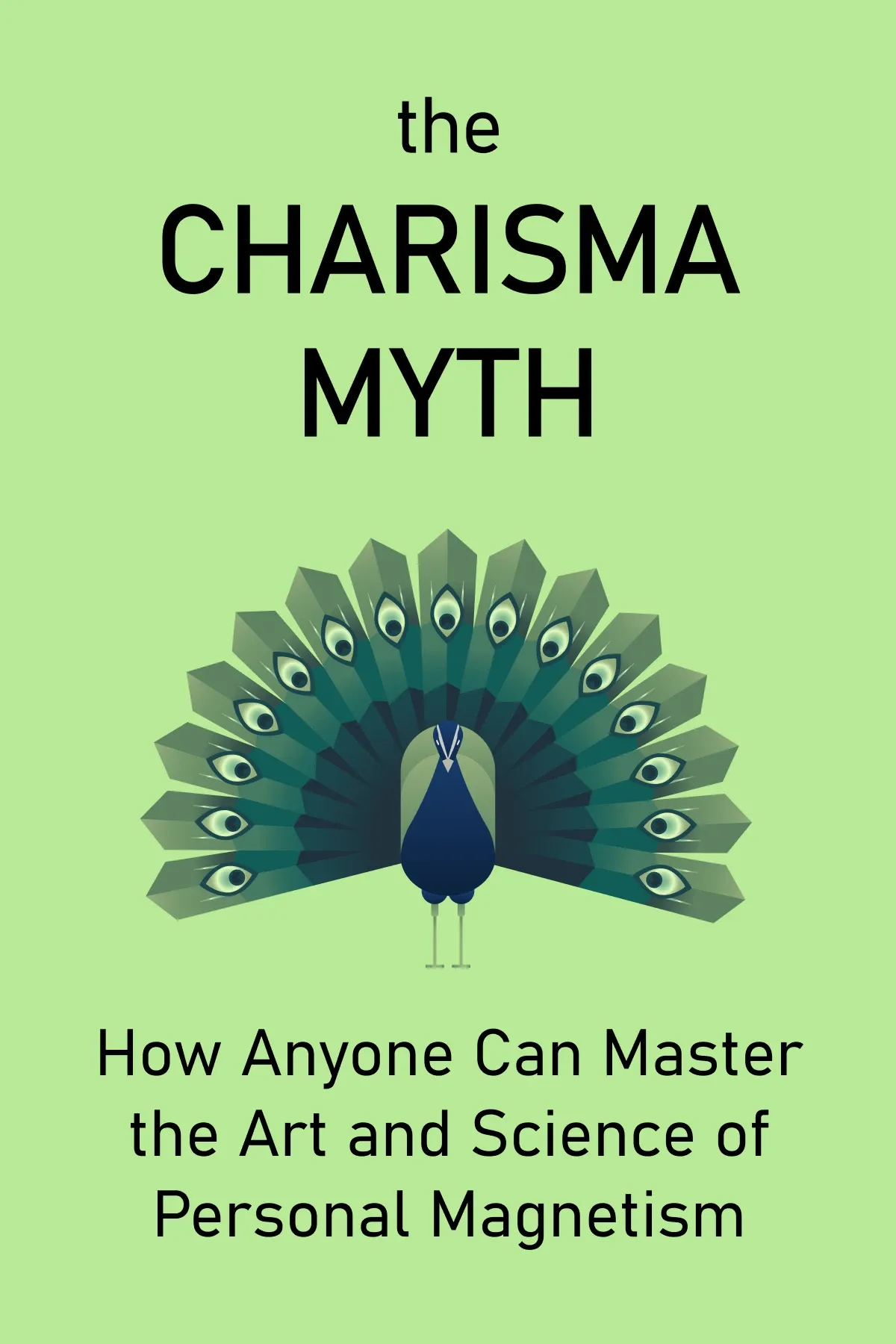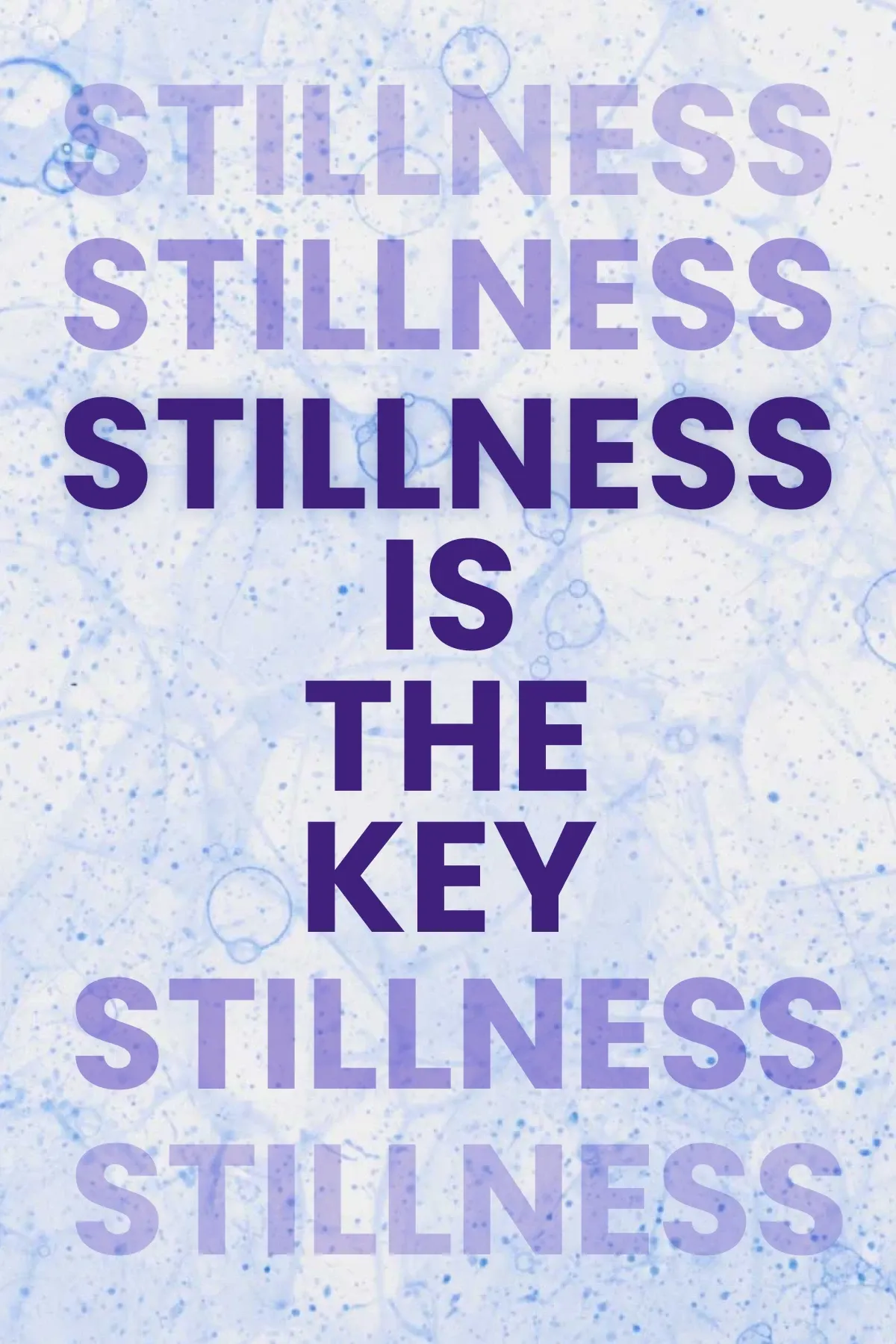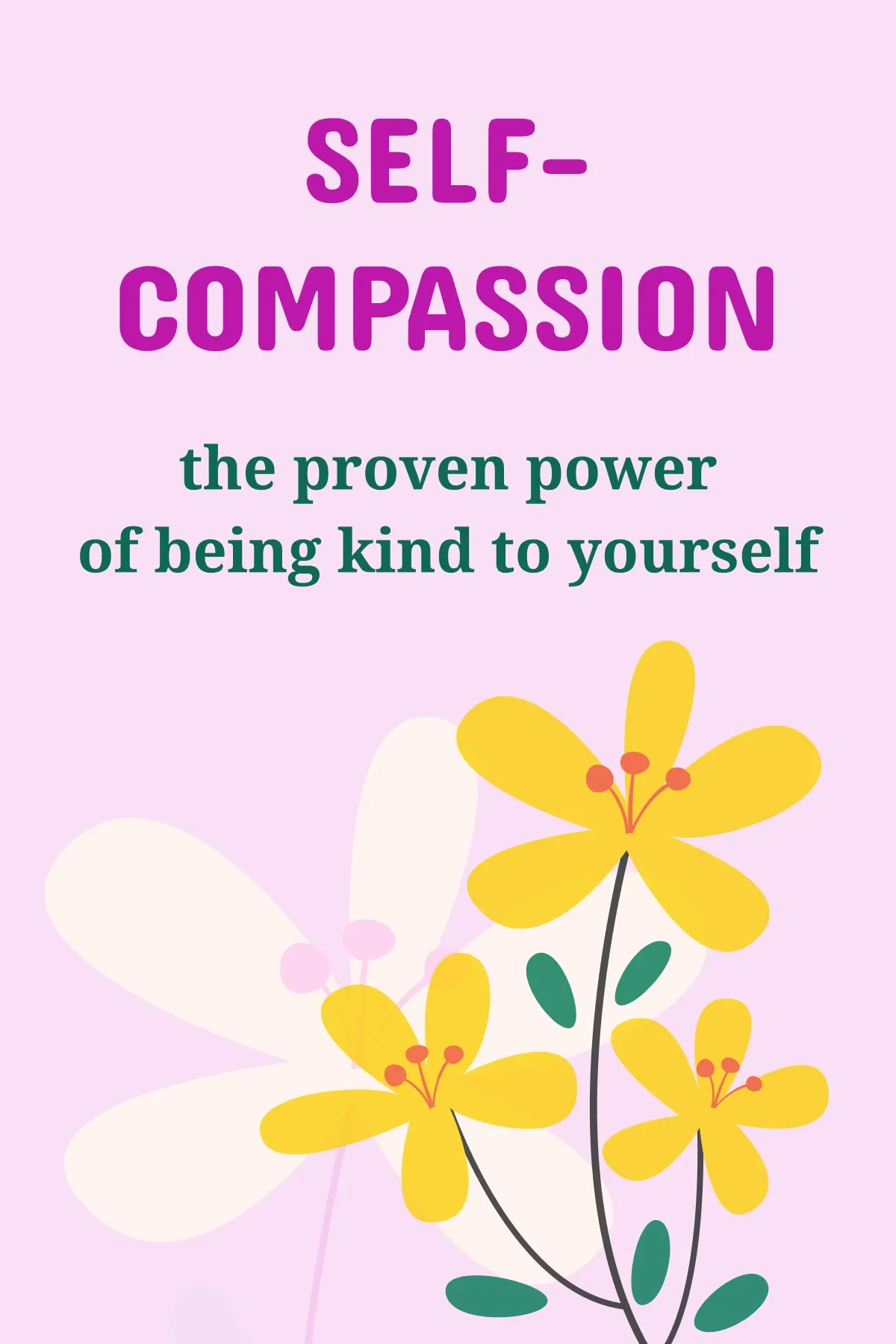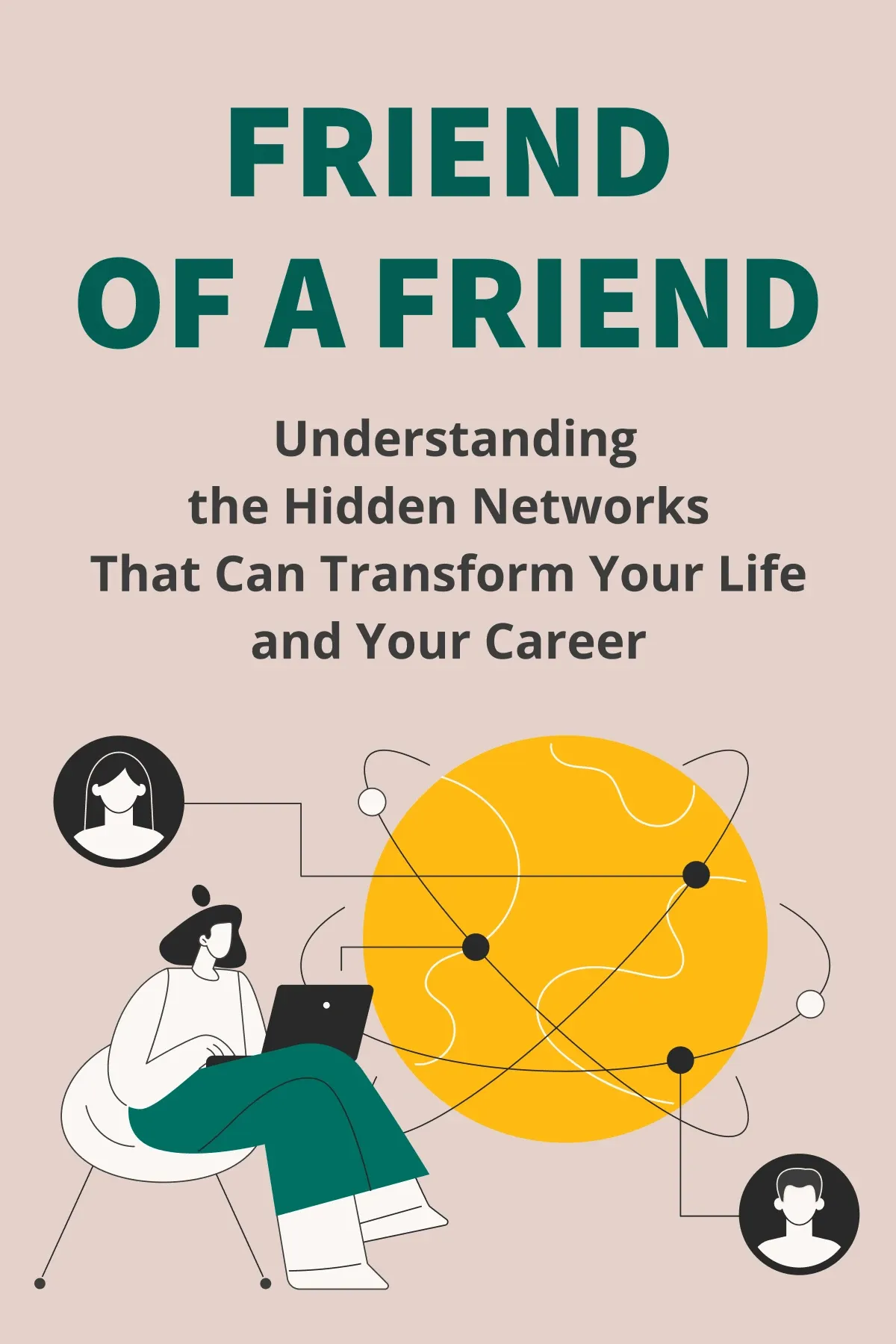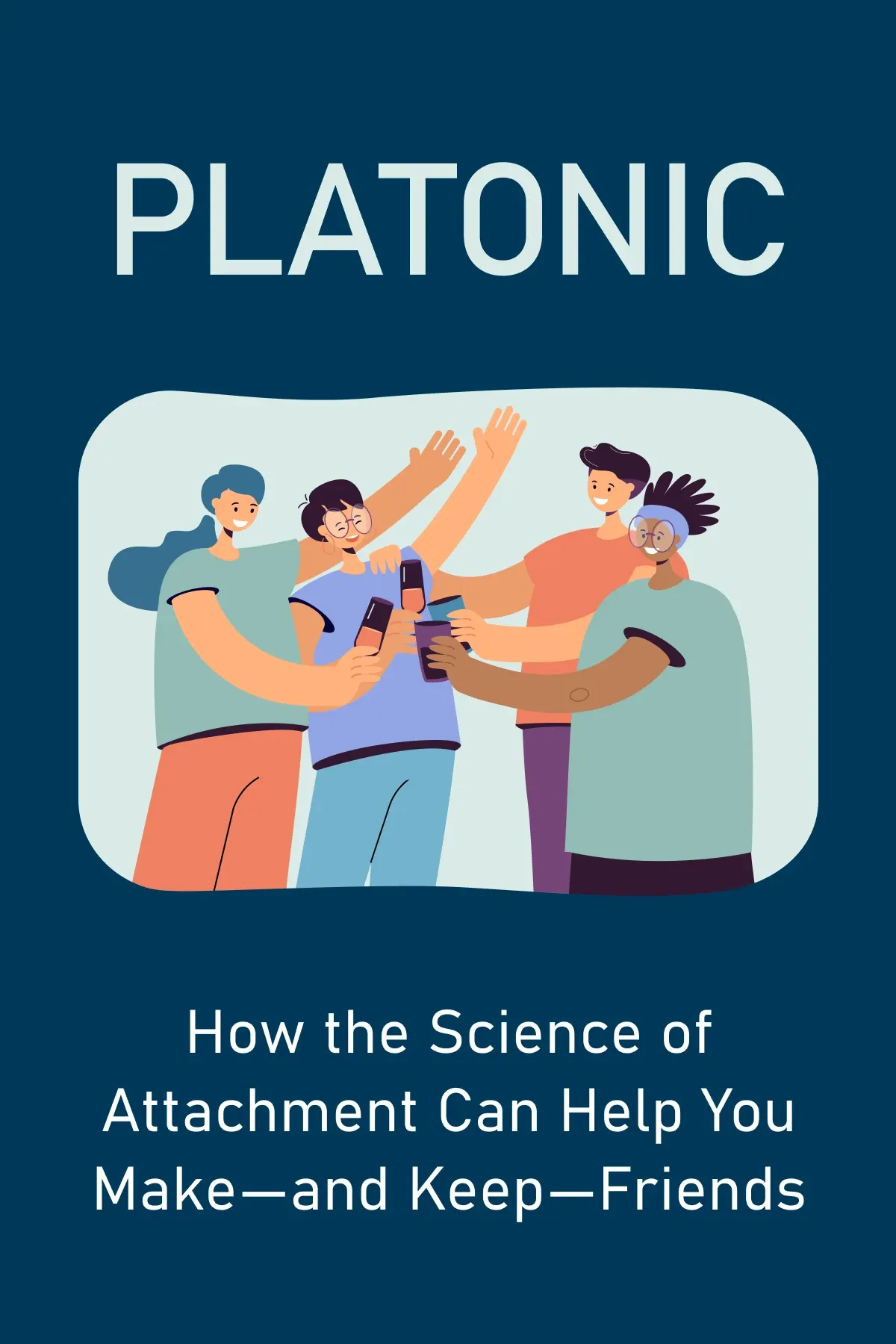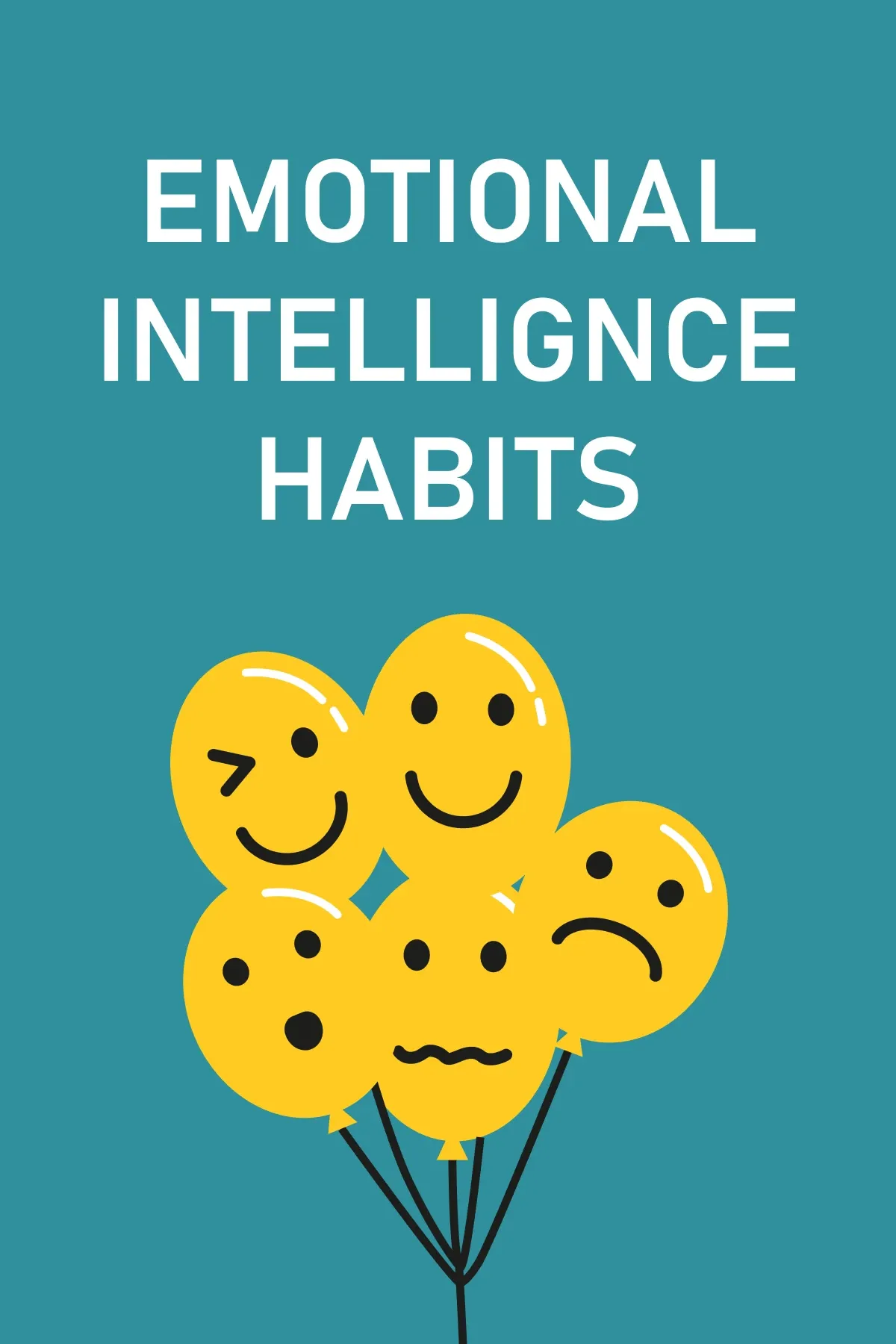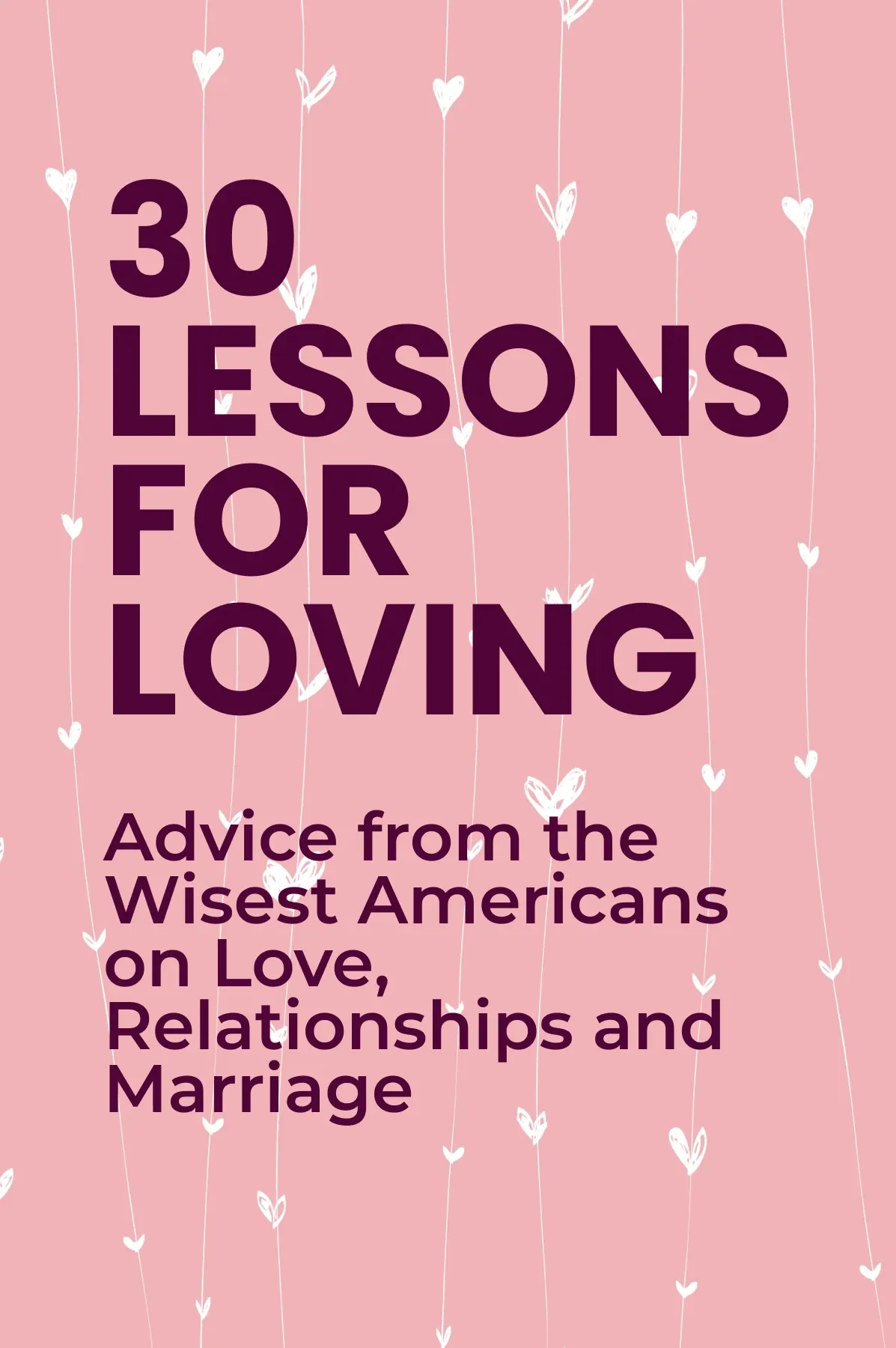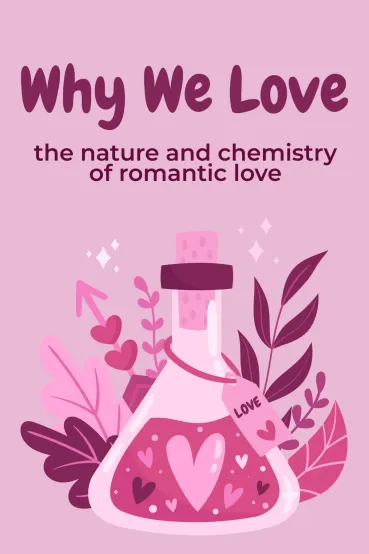
Why We Love
Brief Summary
“Why We Love” by Helen Fisher offers a captivating journey into the heart of romantic love. Discover why men and women experience love differently, the scientific explanations behind "love at first sight," and the role of hormones and brain regions in shaping our romantic experiences.
Key points
Key idea 1 of 8
Romantic love has existed for a very long time, and its roots reach the depths of the past. To find the origins of love, we should travel back about 3.5 million years and discover how evolution developed love.
Back then, our ancestors took a big step in evolution by walking on two legs. It had its benefits, but it came with a challenge for mothers. They had to carry their babies in their arms. This left them unable to gather food or escape from dangers around. And here comes a kind of early romantic setup known as serial monogamy.
The idea of serial monogamy is when mates team up for a while to protect their babies through the tricky early years. While modern society often idealizes love as a lifelong commitment, historical perspectives reveal that relationships were often much shorter-lived in the past. Our early relatives spent around four years together before moving on to new partners. Strange as it may sound to us now, this was a smart move for the genetic variety of the community. Such variety created ensures that children are born strong and healthy.
This idea of serial monogamy might be the starting point for what we now know as modern romantic love. Our ancestors may not have felt love the way we do now. However, this process probably laid the groundwork for the strong emotional bonds we connect with romantic love today.
As these mates worked together in raising their kids, they could start feeling attached to each other. Even though this connection likely faded for many when their kids grew up, some couples might have stayed together. Moreover, they could go for more little ones. Just like humans, love has undergone the evolutionary process to become the one we know today.
FAQ
You may also like these summaries


